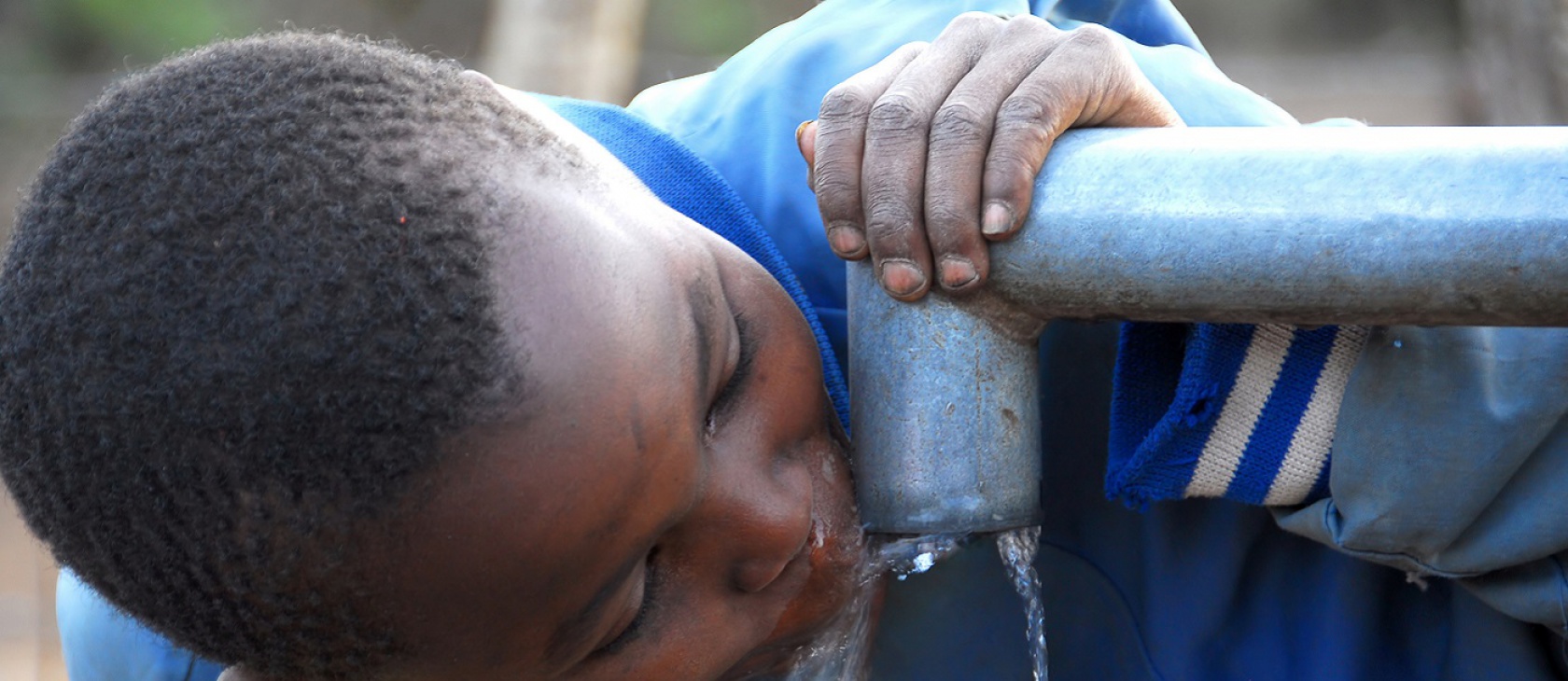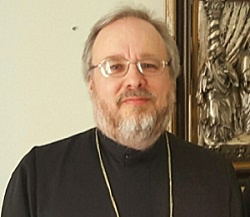Although it is often portrayed as the bitter backlash of racist voters, Brexit will allow the UK to shake loose EU regulations and pursue free trade policies that assure the further development, prosperity, and flourishing of the world’s poorest people.
The impending Brexit is often painted, by those who oppose it, as if it will necessarily bring about the end of all kindness and humanity in the UK. Millions will go hungry, children will be forced to work down in the mines, and the sick will be required to resort to herbal remedies for the plagues that sweep the land. It seems impossible, to such critics of British self-government and sovereignty, that the liberal and humanitarian trajectory on which British society has been travelling for a several hundred years, could possibly continue without submission to the European project and its all-consuming aspirations.
As an example, the UK government has indicated that it wishes to use the opportunities provided by Brexit to develop new trade relationships with the developing world. At present the UK is constrained by the European Union, which is a customs union. EU-wide agreements, embodied in the subsidies and regulations of its Common Agricultural Policy (CAP), have distorted trade with the poorest nations.
Sarah Logan, an economist with the International Growth Centre, reports that exports from Africa to the EU have increased from €85 billion (approximately $92 billion U.S.) in 2004 to €150 billion in 2014 ($163 billion), and that Africa is beginning to organise itself into trade blocs that are able to negotiate more effectively. She also considers that the fact that Britain will need to negotiate new agreements with developing nations and trade blocs in the Third World will lead to fairer and more equitable relationships with the UK. Brexit has come at the right time for Africa and other developing regions. She says that Brexit, and other developments, have “the potential to significantly expand trade and economic growth in Africa.”
Former UK Conservative Party Leader Iain Duncan Smith, speaking at the Heritage Foundation in April, criticised the protectionist Common Agriculture Policy, which subsidises European farmers to produce crops which are often grown more cheaply in developing countries. “The solution to African migration is not to lock people out but to help them build prosperity in their own countries through open markets,” he said. These free and open markets have not been provided by the EU, and the UK’s membership in the EU has required us to adopt trade relations with developing regions that are not to their advantage.
He cites the case of green beans which are a major product of the Kenyan economy but which face a 17 percent tariff when imported into the EU, making them less economically competitive than the subsidised beans produced in Spain and Italy. EU protectionism harms developing economies and peoples. Duncan Smith says, “The UK has long believed that trade is the best form of aid.” If that is so, then those who fear the outcome of Brexit should perhaps rather put their concerns and energies into encouraging free trade with the developing world. This is an outcome which Brexit now allows for the UK.
On a recent visit to India, UK Chancellor of the Exchequer Phillip Hammond indicated that after Brexit the UK would want to establish a free trade agreement between India and the UK. The finance minister of India, Arun Jaitley, said the two nations will look for “a far wider and a far higher level of engagement,” which “can only be formalised post-Brexit.” This indicates the direction that the UK wants to move toward: free and open trade with developing nations and regions around the world. And if “trade is the best form of aid,” then such agreements have the potential to directly improve lives to a much greater extent than within EU protectionist policies and tariffs.
The Economist noted that between 1990 and 2010 the global population of those enduring utter poverty, below $1.25 a day, was reduced by 1 billion people. How was this achieved? Two-thirds of the reduction in the poorest countries was through economic growth. And The Economist is clear, “Most of the credit must go to capitalism and free trade, for they enable economies to grow – and it was growth, principally, that has eased destitution.”
People of faith should care about this if they value the Lord’s injunction to care for the poor. The most effective way to care for them is to reduce their plight, and their numbers, by including them in the global market. “Even in recent years it was thought that the poorest countries would develop by isolating themselves from the world market and by depending only on their own resources,” Pope John Paul II wrote in his 1992 encyclical Centesimus Annus. “Recent experience has shown that countries which did this have suffered stagnation and recession, while the countries which experienced development were those which succeeded in taking part in the general interrelated economic activities at the international level. It seems therefore that the chief problem is that of gaining fair access to the international market.”
This is precisely what Brexit offers and the EU’s Common Agricultural Policy prevents.
There is a fear among some in the UK that Brexit will unleash the worst of attitudes. But it must be said that it is also an opportunity, not only for those concerned with the situation in the UK, but for those who are interested in the plight of the developing world. Free from the constraints of a centralising and homogenising agenda, Britain can make a difference for itself and for other developed and developing nations with whom it will be able to enter new relationships of mutual benefit. Free trade, open trade, is the means of delivering prosperity and well-being as widely and globally as possible. Only Brexit makes this possible.
(Photo credit: Aqua Mechanical. This photo has been cropped. CC BY 2.0.)




